“Returning to Best Fit? Stakeholder Consideration as a Moderator of the Relation Between High Performance Work Practices and Organizational Performance”

Michel Hermans is an associate professor at IAE Business School – Austral University in Argentina. A native of the Netherlands, he obtained his bachelor and master of science degrees in business administration at the Rotterdam School of Management, Erasmus University. Michel completed his doctoral studies (Ph.D.) in industrial and labor relations at Cornell University in
Inaugural Speaker Series Seminar
Fascinating discussions were had at the CIHRS Inaugural Speaker Series Seminar on February 26, 2015! Following an introduction from Center Director, Elaine Farndale, we heard presentations from Maja Vidović (postdoctoral scholar) on HRM in multinational enterprise subsidiaries, Dinçer Atli (visiting scholar) on cross-cultural employer attractiveness, and Saahir Shafi and Elizabeth Rockey (research assistants) on the
Graeme Martin, “A suitable case for treatment? De-professionalization, low trust dynamics and disengagement among hospital consultants in the NHS”
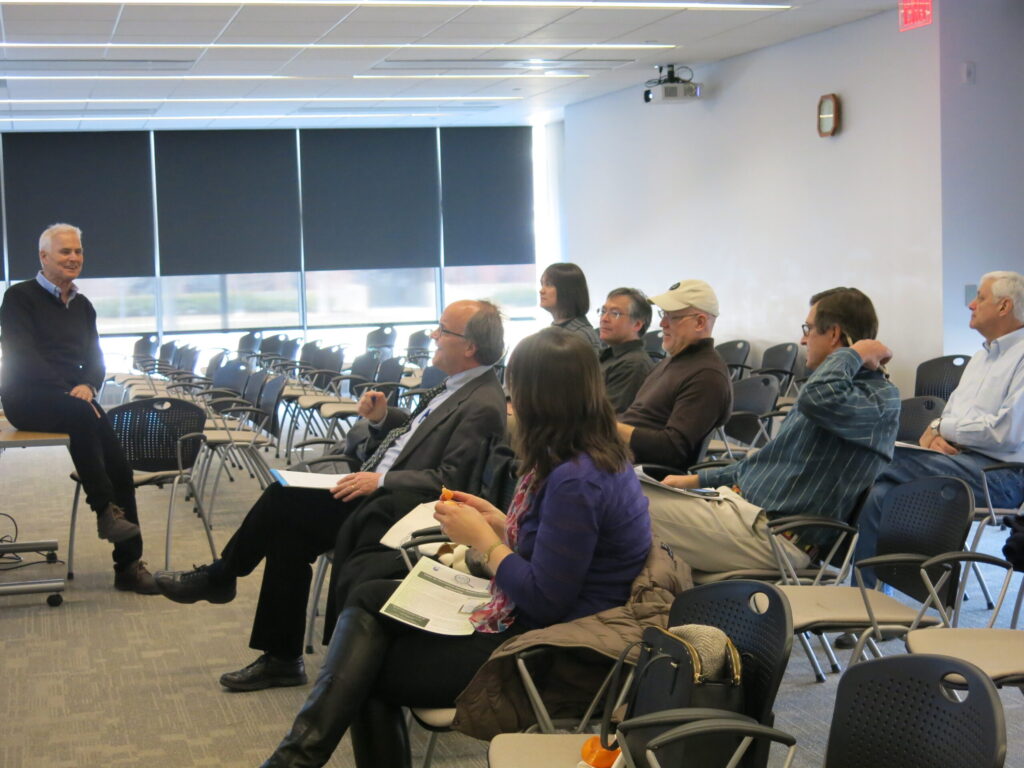
Professor Martin, professor and chair of management at Dundee University in the United Kingdom, provided a detailed insight into the pressures on the healthcare sector in advanced economies to deliver increasingly higher levels of patient care to an increasingly aging population during periods of financial austerity. As a result of his research, he explained how
Rikki Nouri, “Creativity across the universe: The influence of culture and multiculturalism on creativity”
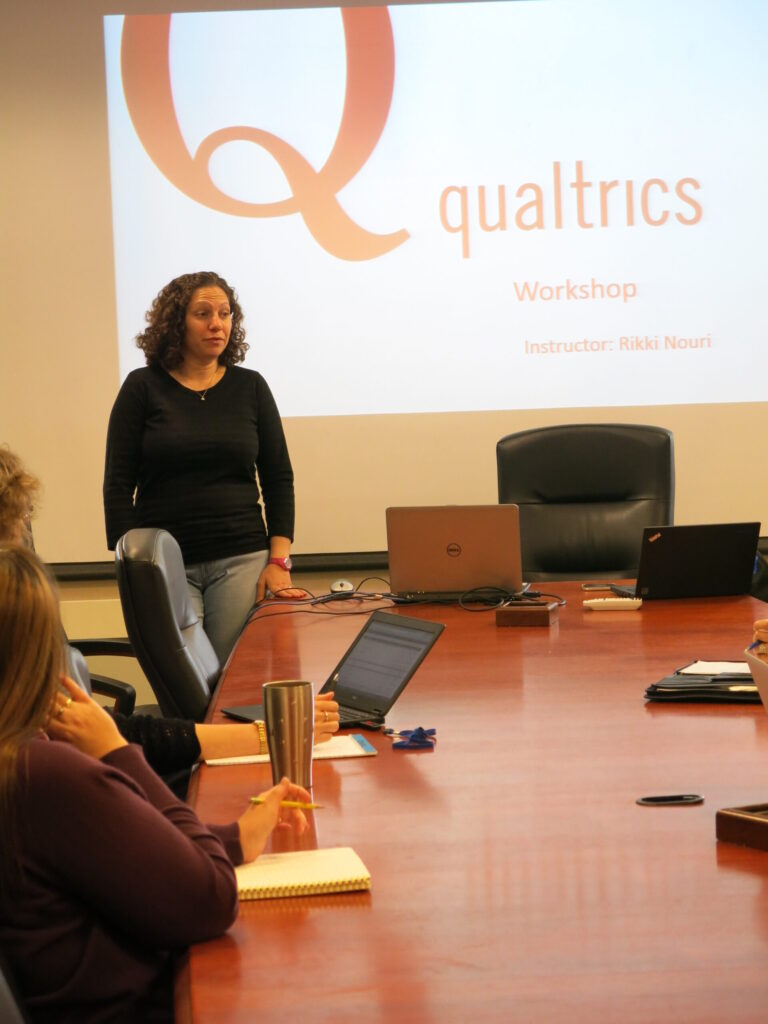
In a world that is constantly becoming more global, complex, and dynamic, organizations face great challenges and are required to offer new solutions. Creativity is crucial to organizations’ successful performance since a new product, process or a service enables competitive advantage. Nonetheless, engaging in creativity carries the risk of rejection or criticism and the potential
Rikki Nouri, Qualtrics and Mechanical Turk Workshop

CIHRS held a hands-on workshop to help anyone looking to expand their knowledge of conducting surveys. Rikki Nouri, post-doctoral scholar with CIHRS, conducted the workshop on Qualtrics and Mechanical Turk, discussing how to use these tools for both academic and practical purposes. Qualtrics is a powerful surveying tool, that can be useful for teaching, research,
Miguel R. Olivas-Luján, “HRM in Mexico, the Caribbean, and Central America”
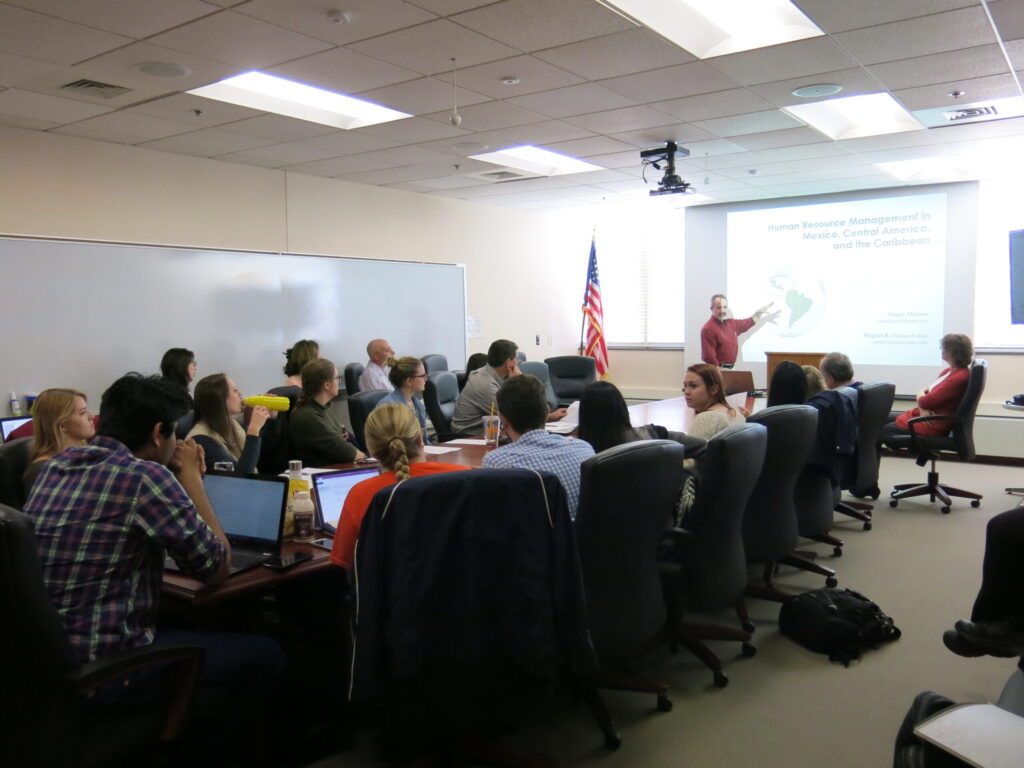
Professor Olivas-Luján shared with us the need for systematic research in HRM is enormous in the geographic North, Central American and Caribbean countries that include Belize, Costa Rica, Cuba, Dominican Republic, El Salvador, Guatemala, Haiti, Honduras, Jamaica, Mexico, Nicaragua, Panama, and Puerto Rico. Miguel reported on a systematic review of the literature that identified 111
Mohan Thite, “Global Search for Talent: Lessons from Indian IT Services Multinationals in China”
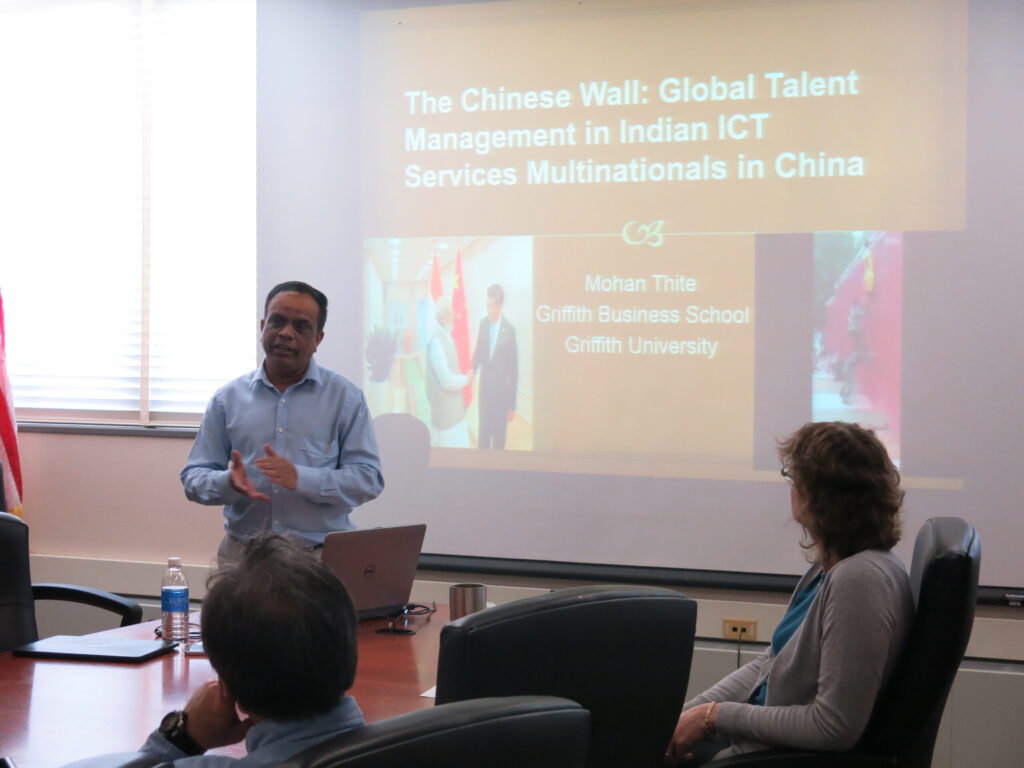
The information and communication technology (ICT) services business is primarily driven by the quantity and quality of software talent, available locally and globally. Accordingly, global talent management (GTM) strategy is fundamental to the internationalization strategy of Indian ICT services multinationals, particularly in China. Through in-depth interviews of senior managers at the headquarters and Chinese subsidiaries
Sven Horak, “IHRM and Informal Networks in East Asia”
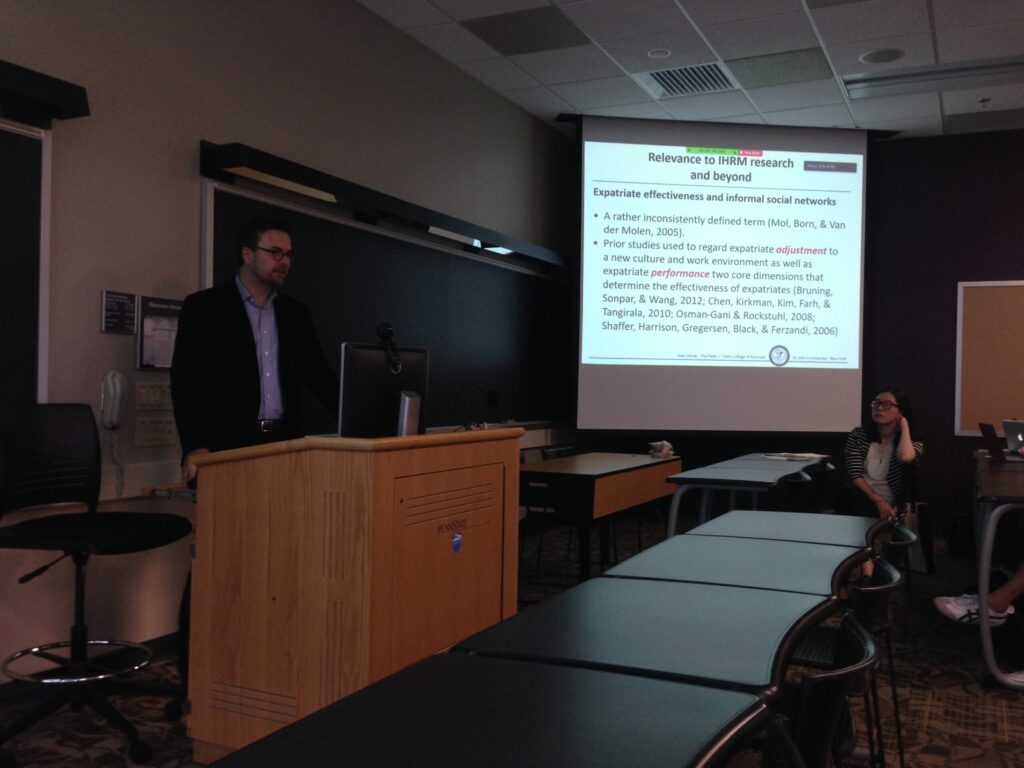
International HRM research recently uncovered that expatriate integration in informal social networks overseas is a decisive factor for expatriate effectiveness. To date, the question of how, if at all, an expatriate can establish close informal ties abroad with host country nationals has, however, been neglected in research. Furthermore, based on the assumption that extant social
Jaap Paauwe (Tilburg University, The Netherlands) “HRM: What Really Works in Practice?”
“Having benefitted in my academic career so much from my close interaction with firms, governmental bodies, trade unions, and practitioners, I increasingly feel the need to give something in return. What could be more precious for practitioners but to give them an overview of what our field of HRM has achieved in terms of ‘proven’
Shuang Ren, “Green Human Resource Management: Does It Matter….and How?”
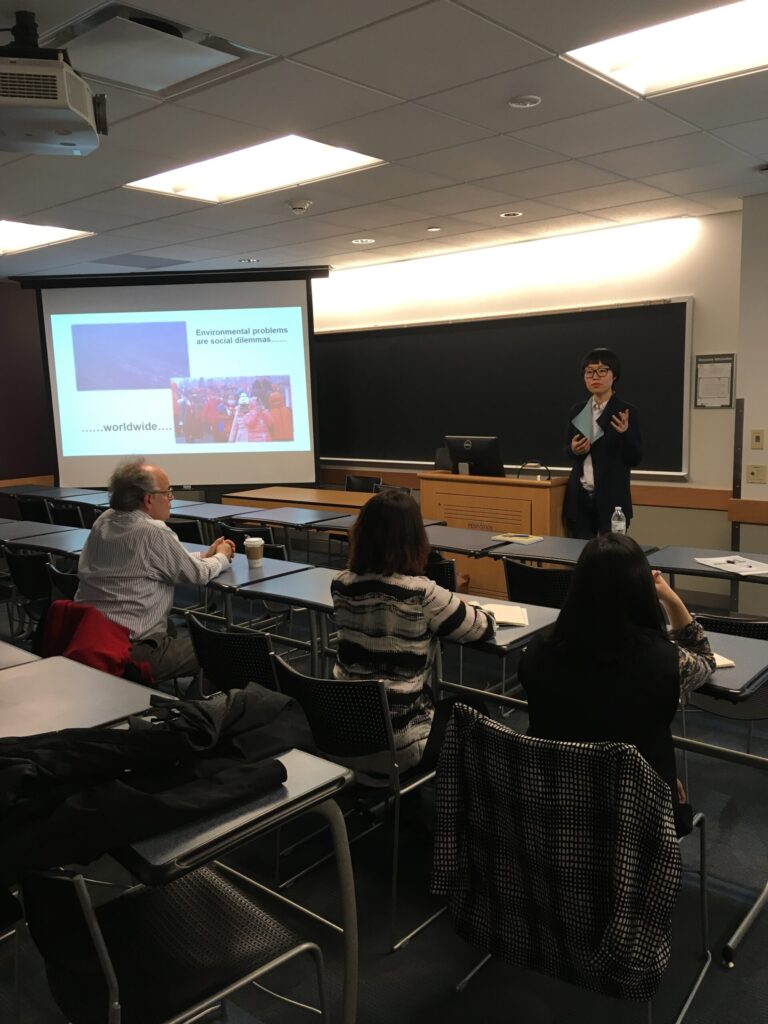
With the growing awareness of how economic development is contributing to environmental degradation and climate change, concerns about long-term sustainability are raising new ethical issues for organizations and their members, as well as for society as a whole. Against this backdrop, green (environmentally-focused) human resource management (GHRM) has been increasingly promoted over the past decade
Andri Georgiadou, “Diversity within Diversity Management: Country and Organizational Perspectives”
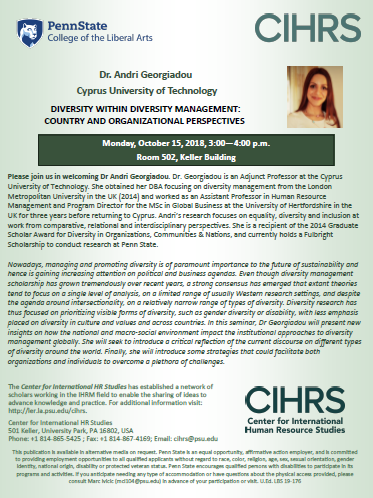
Managing and promoting diversity is of paramount importance to the future of sustainability and hence is gaining increasing attention on political and business agendas. Even though diversity management scholarship has grown tremendously over recent years, a strong consensus has emerged that extant theories tend to focus on a single level of analysis, on a limited
Alfred Presbitero (Deakin University, Australia) “Cultural Intelligence and Globalization: Recent Developments and Future Research Directions”
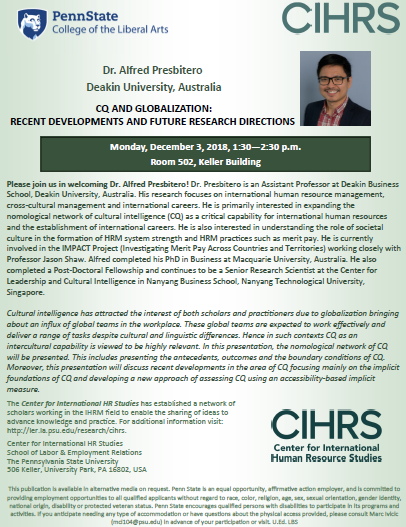
Cultural intelligence has attracted the interest of both scholars and practitioners due to globalization bringing about an influx of global teams in the workplace. These global teams are expected to work effectively and deliver a range of tasks despite cultural and linguistic differences. Hence in such contexts, CQ as an intercultural capability is viewed to